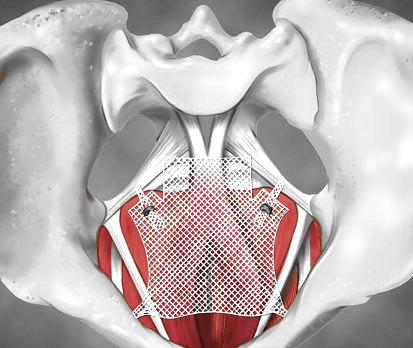Mesh payouts begin
 Johnson & Johnson has been ordered to pay almost $2.6 million in damages to three women implanted with faulty pelvic mesh implants.
Johnson & Johnson has been ordered to pay almost $2.6 million in damages to three women implanted with faulty pelvic mesh implants.
Mesh implants have left hundreds of Australian women, and thousands more worldwide, with serious side effects including chronic pain, infections, and the inability to have sex.
The pelvic mesh, also known as transvaginal mesh, was implanted for a variety of conditions including pelvis organ prolapse and stress urinary incontinence.
The devices were banned in 2017.
The Federal Court last year ruled in favour of the three lead applicants in a class action of more than 1,350 women, who sued Johnson & Johnson and two of its subsidiaries.
The court heard evidence that the devices were not tested properly, and that the companies responsible knew they could not show the implants were safe.
It was also told of a “tidal wave” of aggressive marketing to surgeons and patients that described the plants as a “quick and easy operation”.
Johnson & Johnson was found to be “negligent”, driven by commercial interests, and did not provide appropriate or sufficient remedial action after it acknowledged problems with the implants.
Members of the class action said they were left in excruciating pain from the faulty products. In court, they were for to stand for full sessions at times, while others only made it into court with walking aids.
It is likely that thousands more women are not yet aware they have the faulty device in their bodies.
It is still unclear whether Johnson & Johnson will appeal the judgment or the payout.
The court has not yet made full orders in the case.
Johnson & Johnson’s subsidiary Ethicon says it “empathises” with the women crippled by complications, but claimed to have acted “ethically and responsibly” in research, development and supply of the implants.
“Pelvic mesh has helped improve the quality of life for millions of women with pelvic organ prolapse and stress urinary incontinence, which are serious, debilitating conditions that can cause daily suffering,” it said in a statement.
“Ethicon supports and encourages informed treatment decisions made by patients in consultation with doctors on the benefits and risks of surgical procedures to treat these debilitating conditions.”







 Print
Print